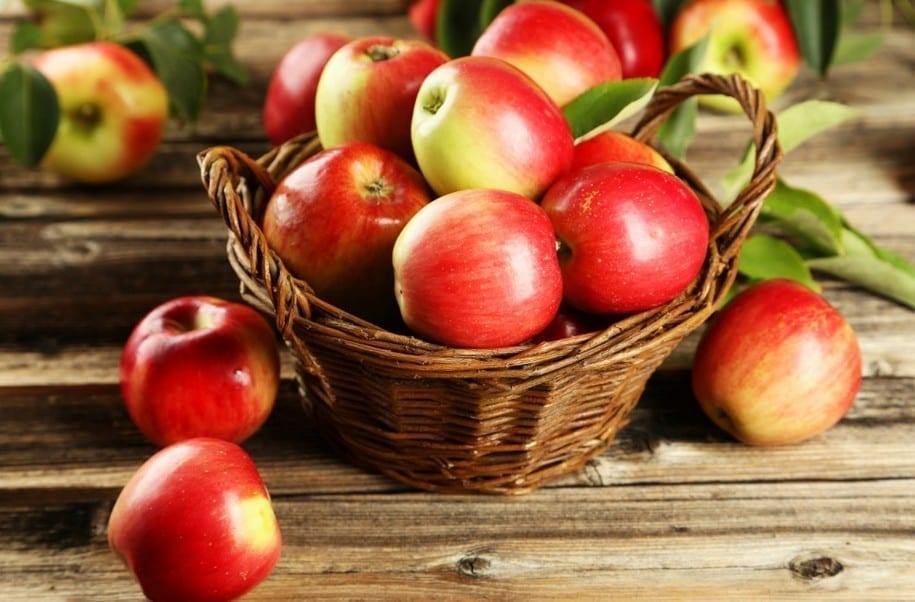
I grew up in the 1960s, in Far Rockaway, New York, which at that time already boasted a vibrant frum community. Not every neighborhood in the five boroughs could offer the same. The Bronx, for example, had a different level of Yiddishkeit altogether. During my early teenage years, my parents would send me several times a year to the Bronx, to spend Shabbos with my paternal grandparents, who lived there. My grandfather was the Ostrov-Kalishiner Rebbe and on Shabbos mornings I would dutifully attend davening in his shtiebel. After the seudah, Zeidie would retreat to his study, Bubbie would go into her room to rest and I would spend the afternoon at the local park in the company of a motley group of boys and girls whom I called my “Bronx Shabbos friends.” I never had any contact with them during the week and on Shabbos I always saw them dressed appropriately. A few days before my sixteenth birthday I received a call from one of the girls, whose father was a caterer in the Mount Eden Jewish Center in the Bronx. “Hello, Tirtza? I hear that you’re turning sixteen next week,” she said. “The group would like to throw you a birthday party.” “A birthday party for me? How thoughtful!” I responded. Overhearing the conversation, my parents naively asked, “And what shall we bring?” “Nothing,” they were told. “Just bring the birthday girl.” Nevertheless, they insisted that they would order a large, decorated cake in honor of the occasion.

That Motzaei Shabbos, dressed in my Shabbos outfit, my parents drove me—and the birthday cake—to the Bronx. I was dropped off in front of the hall, waved good-by to my parents and watched as they continued on their way to my grandparents. Never will I forget the sight that greeted me when I opened that door! Boys and girls, dressed in un-tzniusdik and certainly not Shabbosdik outfits, boogying to the deafening beat of rock and roll music—in a smoke-filled room, no less! Believe me when I say that I didn’t know what to do with myself! Mortified beyond belief, I quickly placed the cake on the table amidst the other goodies and sheepishly found my way to a seat in the farthest corner of the room. When several boys came over asking me to dance, timidly I answered, “I’m sorry, but I don’t dance with boys.” There were no cell phones in those days, so I resigned myself to sweating it out until my parents would return to rescue me from that inappropriate environment and take me home. Meanwhile, my parents had arrived at my grandparents’ house. “To what do we owe the honor of this unexpected visit?” my grandparents asked. “Tirtza’s friends in the neighborhood are throwing a Sweet Sixteen party for her,” my parents informed them. My grandparents, who knew as much about these things as my parents and I did, responded, “How sweet! And just look at that—pinkt this Erev Shabbos one of our mispallelim brought us a large barrel of apples! There are too many for us to eat, so why don’t we drive over and donate them to the party.” By this time, like the proverbial wallflower, I was cringing in my seat, wishing I could just disappear.
All of a sudden, the front door opened and there was my grandfather in his full Motzaei Shabbos regalia (spodek, bekeshe, etc…) with both of his arms around a big barrel of apples, his mouth agape as he took in the scene around him. In his wildest dreams he never could have imagined such a sight. In shock, he dropped the barrel and, with a crash, all of the apples went rolling in every direction across the floor. The spectacle of people bumping into one another, trying to avoid squashing the apples and failing to do so was so hilarious that the laughter of the crowd drowned out the music. Amidst the pandemonium, my father quietly motioned me to leave, and gratefully I ran out of there as fast as I could. Neither my parents nor my grandparents ever reprimanded me about my association with those “friends.” There was no need to speak about it because they knew how upset I was for being used as an excuse to throw a party and attending one where I did not belong. Their silence spoke louder than any possible words.
